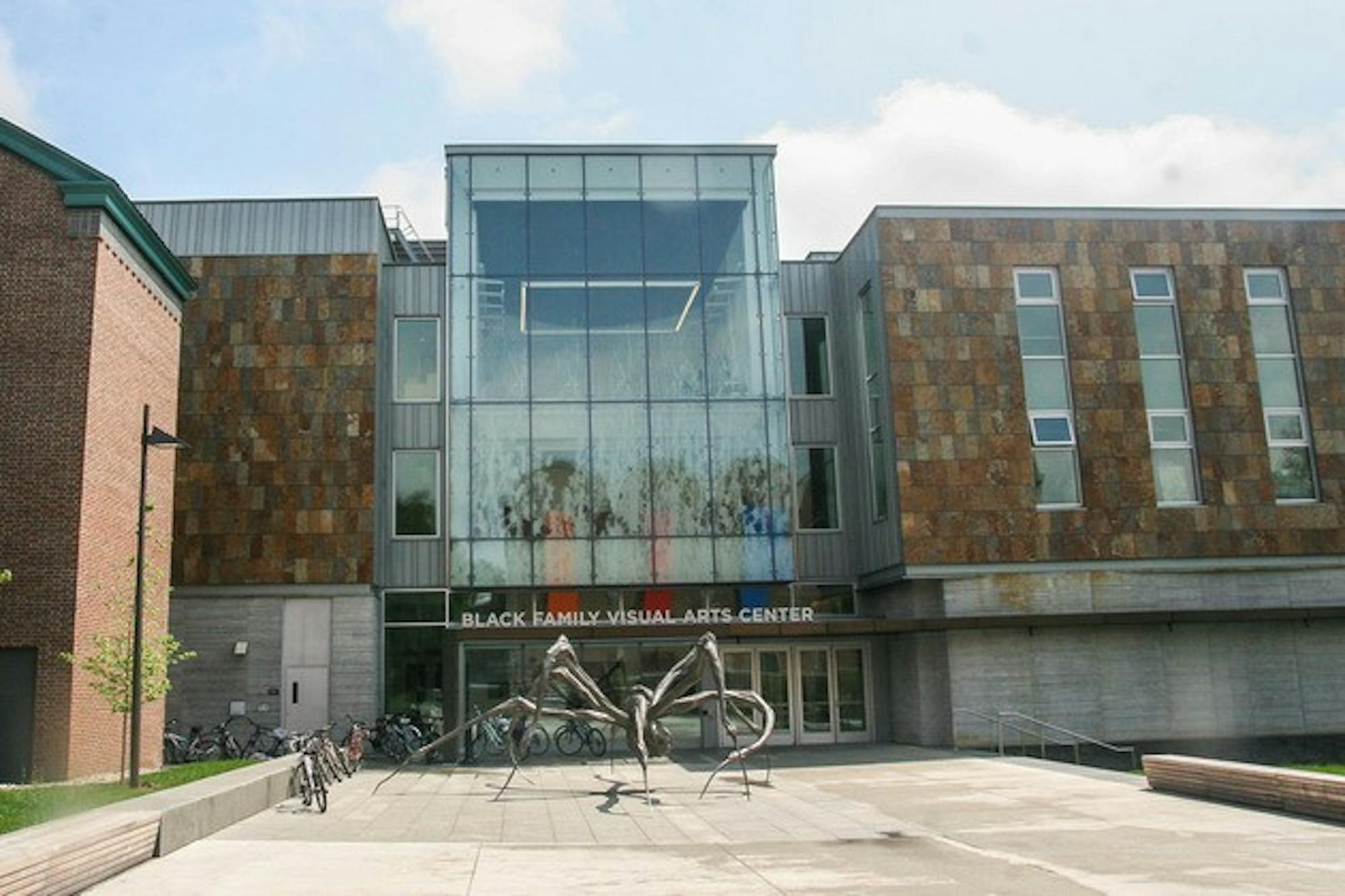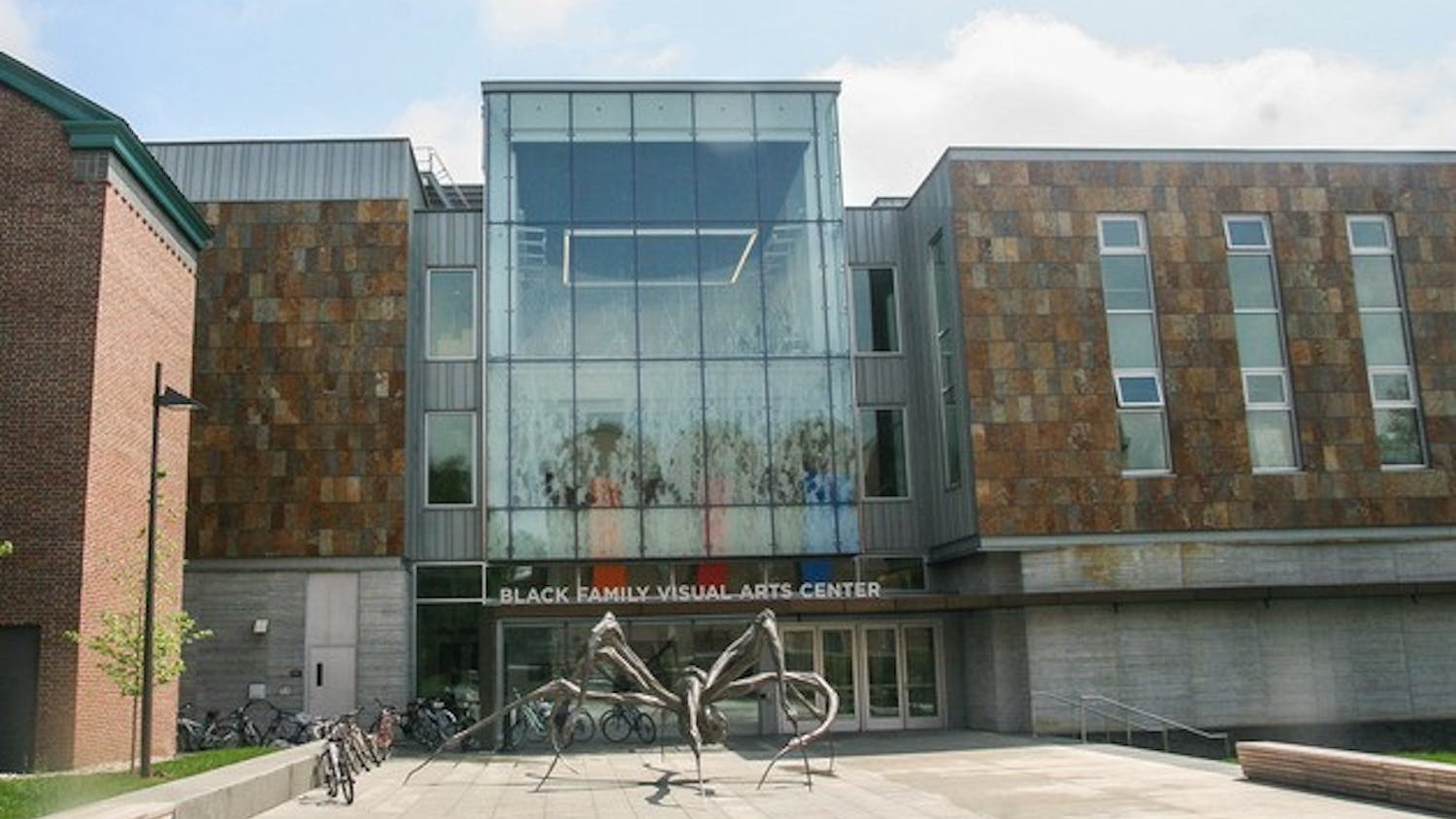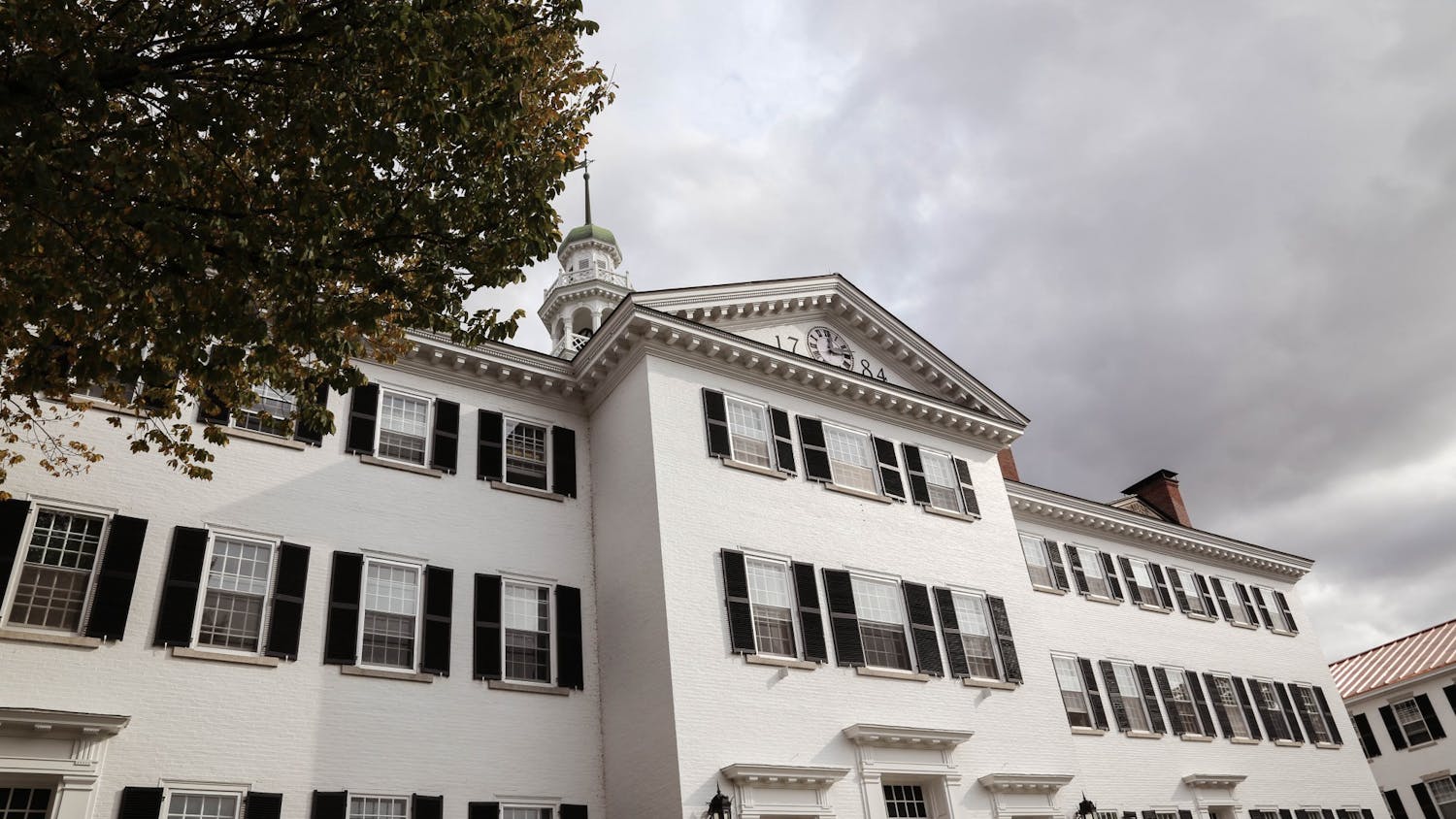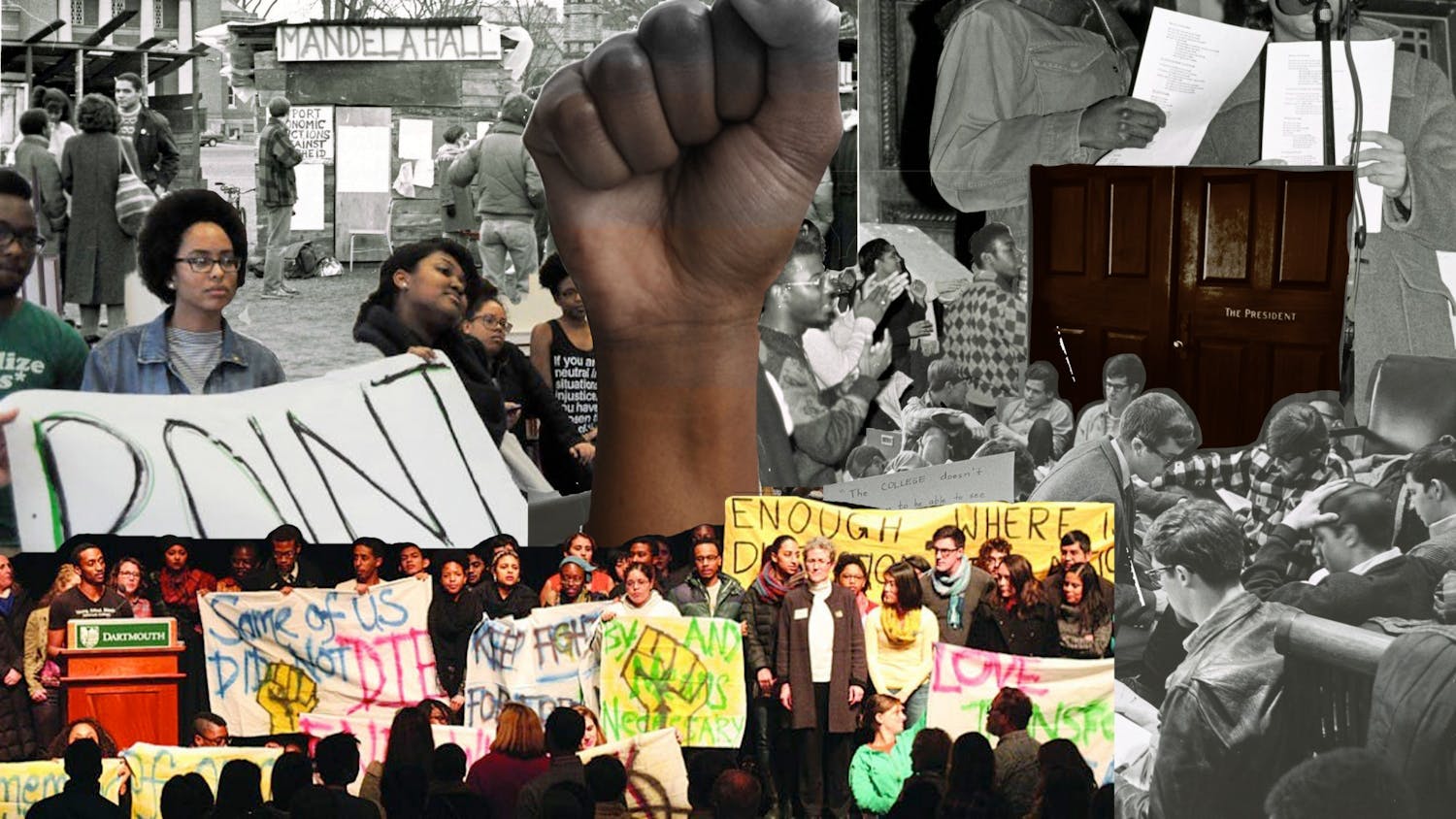Upon the recent revelation that Leon Black ’73 paid convicted sex offender Jeffrey Epstein upwards of $150 million between 2012 and 2017, some students and alumni have called for the College to change the name of the Black Family Visual Arts Center.
Black, a former Dartmouth trustee and billionaire co-founder of the private equity firm Apollo Global Management, donated $48 million in 2012 to construct BVAC, which houses the studio art and film and media studies departments. Although an internal investigation requested by the board of Apollo found no proof that Black engaged in Epstein’s criminal activities, Black has stated that he will step down as CEO of Apollo before July. Epstein first pled guilty to charges of sex crimes in 2008.
Ruth Cserr ’88, a founding member of the Dartmouth Community Against Gender Harassment and Sexual Violence, said that Black’s relations with Epstein necessitate his name’s removal from BVAC.
“It's not that I think that Leon Black or the Black family foundations are themselves predators or pedophiles, but Epstein was,” Cserr said. “And [Black] was engaged in some kind of financial relationships — even if it didn't directly affect the College — after [the truth] was known about Epstein.”
Dartmouth currently has no plans to rename BVAC, according to College spokesperson Diana Lawrence, since there have been no allegations that Black was involved in Epstein’s unlawful acts.
According to Roberta Millstein ’88, Dartmouth should change BVAC’s name to send the message that the College intends to do better in its treatment of women.
“Dartmouth does not have a good history with supporting women in general and with respect to sexual harassment and sexual assault in particular,” Millstein wrote in an email interview. “… The name sends the message that Dartmouth continues to ignore the most basic concerns of women: their bodily safety and their ability to function freely in society.”
Cserr said that “changing the name would go a long way to show institutional responsibility,” noting that Dartmouth has a “history of darkness” with sexual assault and rape culture.
A failure to change BVAC’s name also could hurt the College in the long run, Millstein added.
“Dartmouth should be on the right side of history with these issues,” Millstein wrote. “Too many times it has felt like it has been dragged kicking and screaming into the present. We still seem to be the Ivy that didn’t want to go co-ed,” referencing Dartmouth’s status as the last Ivy League institution to remain an all-male school.
Cserr said there are parallels between the decision to change Dartmouth’s “offensive” unofficial mascot, which used to be a caricature of a Native American, and the current debate of whether to keep BVAC’s name.
“People didn't use to understand that the Indian symbol was a problem,” Cserr said. “… It's clear to most of us that those changes were the right thing to do. I would think that from a historical perspective, people will look back and go, ‘Yeah, it [would have been] better to change the name.’”
On the other hand, Ethan Weinstein ’24 said he believes there is no good reason currently to remove Black’s name from BVAC.
“It seems innocent until proven guilty,” Weinstein said. “The investigation didn't bring up anything on him. I mean, the man gave a ton of money for the building, so I think I don't see any reason to take it off.”
Jackson Cashman ’21 said he is in favor of changing BVAC’s name but noted that the issue is “more systemic” than a name change, referring to the “long list of extremely wealthy, extremely powerful people who are connected to Epstein.”
Cashman said if the College were to change the name, it would be like “someone losing a leg and then putting a Band-Aid on it,” in that it would not address the extent of Epstein’s ties and the harm they have caused. He added that the issue is “sticky” because the College’s financial interests could be compromised by removing a high-profile donor from his namesake building.
Nicole Sellew ’21 said Dartmouth’s original decision to accept the donation and name BVAC after the Black family is the real issue at hand, since Black was “so openly involved with Epstein for so long.”
According to Sellew, changing the name “doesn’t negate any of the harm that’s been caused by having [BVAC] be named [after Black] in the first place.”
Sellew added that Dartmouth’s current stance to keep the name of BVAC is part of a trend of the College not taking action.
“Things don’t get changed until there is a news story, until there is a big hoopla,” Sellew said. “The larger problem is that the school has no problem looking the other way getting this huge donation, until it’s a problem.




